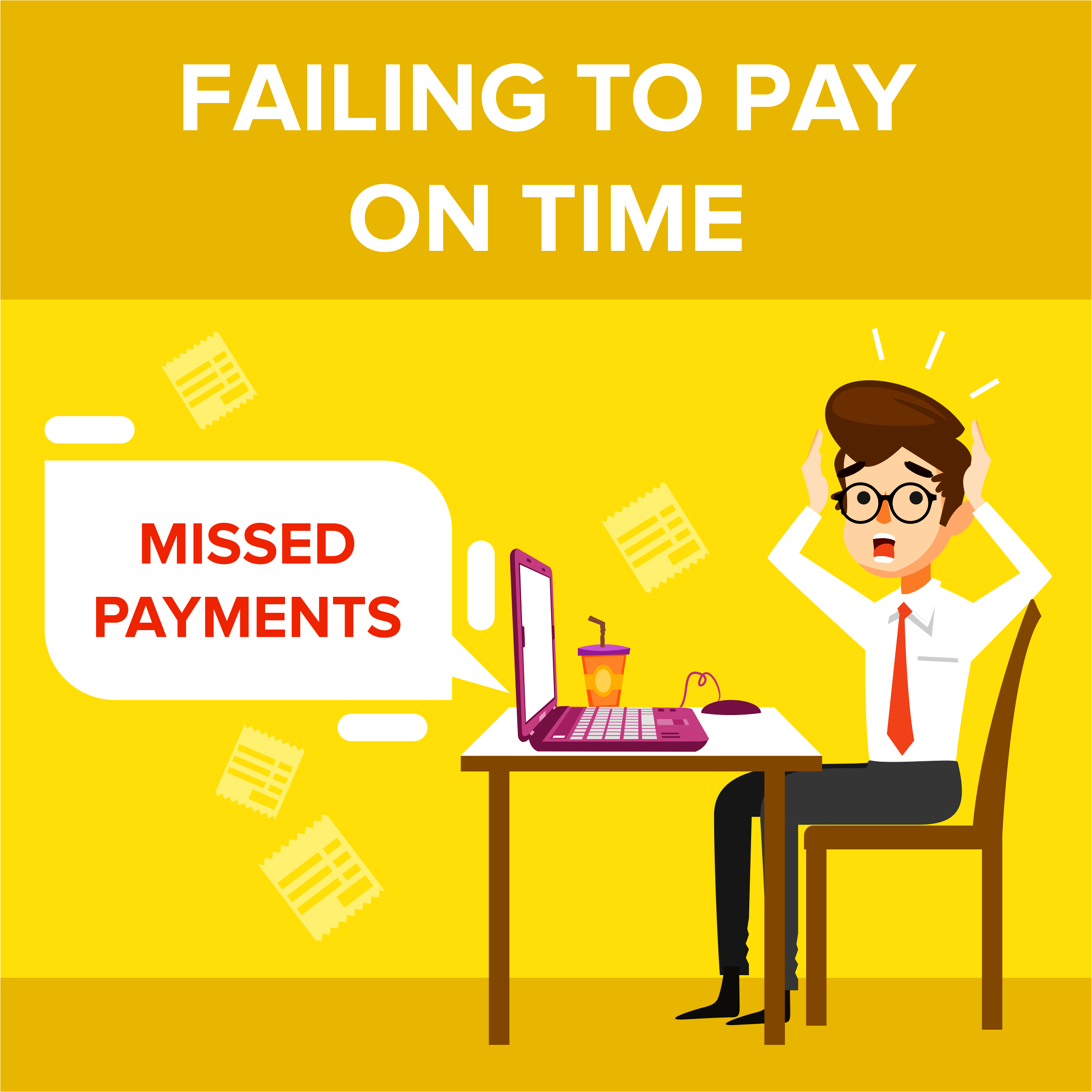
Loans should be approached with caution and taken serious – little wonder why they are not so easy to get. Refuting on your loan payments can carry very adverse consequences. Obviously, a lot of things may come into play. Things may change or something unforeseen might happen. This is why you should completely evaluate your options before taking out a loan.
The question of ‘what happens if I cannot repay my loan’ pops up. Well, it can spark a chain of very negative events. You could lose your apartment, your car and the effects, in the long run, are even worse. Below is what actually happens when you fail to pay back your loan.
Late Fees
Most loans will have a penalty in the form of a fee when you promptly refuse to make payments. These fees can pile up fast and since you defaulted on making the original payment, the late fees will only add salt to injury. Each time you fail to pay back your loans, you will be penalized with a late fee charge and that debt can eventually turn into unmanageable debt.
Delinquency
If your loan mandate you to remit payment on a monthly basis and you fail to pay for a full month then you will have failed to pay for a whole billing cycle, your lender may be forced to report you to the credit bureaus. Missed payments will greatly affect your credit score and missing more payments will translate to an even lower score.
If you miss even more billing cycles, you should expect calls from your lenders and possibly from debt collectors. Once you miss three payments in a row, you will be ineligible to collect a new loan and your credit score would have plummeted really badly. And lest you forget, the interest rates are also pilling with every missed payment.
Charge-Off
When you continuously miss your loan repayment dates and do not notify your lender of your inability to do so, they will most likely write off your debt; your lender concludes that you are unable to repay your loan so it is written off. The charge-off will be documented on your credit report and so future lenders will find out that in the past you defaulted big time on your loan payments and so they would likely not give you one. Furthermore, a charge-off on your credit report will likely affect your future taxes too.
Collections
After writing off your loan as a loss, your lender will likely sell it to a debt collection agency to recoup at least a small amount of it. Thus, your credit score will have taken a big blow because you will have incurred a collections account on your credit report in addition to the charge-off. You will also have to endure receiving calls from a debt collector. Remember, a debt collector’s main duty is to get you to pay up, so they won’t go very easy on you.
Legal Action
If your lender doesn’t take the route of a debt collection agency, then they will likely seek to follow legal actions to get you to pay back what you owe. The legal system may even force you to pay back more than you owe if you are sued for a higher sum. Regardless of the result, a legal action suit will pop up on your credit report and this will make potential lenders refuse your loan application in the future.
Failure
Legal issues, black marks, and poor credits on your credit report can all be fixed in the long term through dedication. The most depressing part about not being able to pay back your loans is how it would make you yourself feel. Nobody wants to see themselves as a failure and it is vital that you get assistance before it gets too late. Get in touch with your lender and have a talk with them and possibly find a solution and perhaps you may be able to avert a financial accident.




